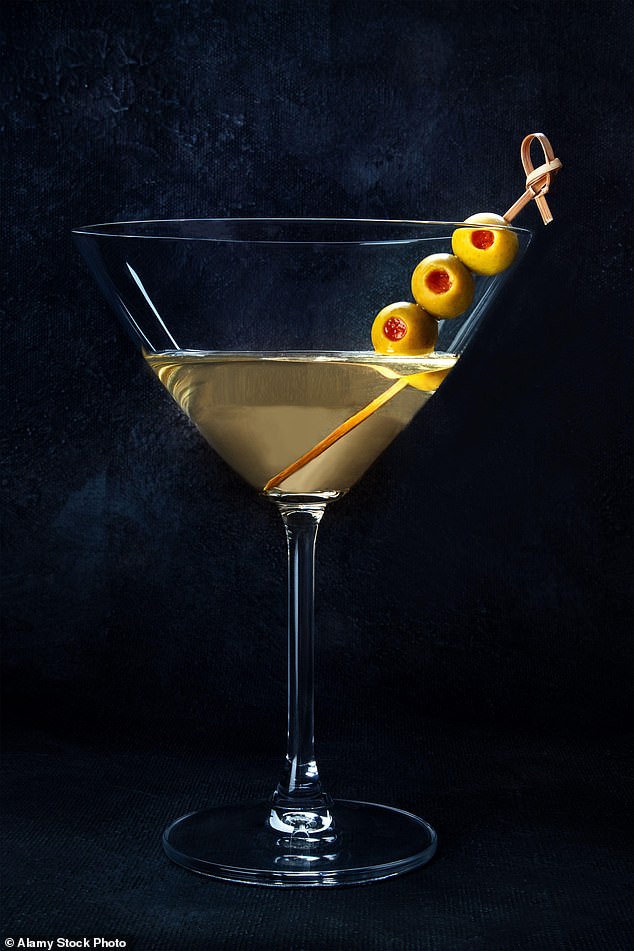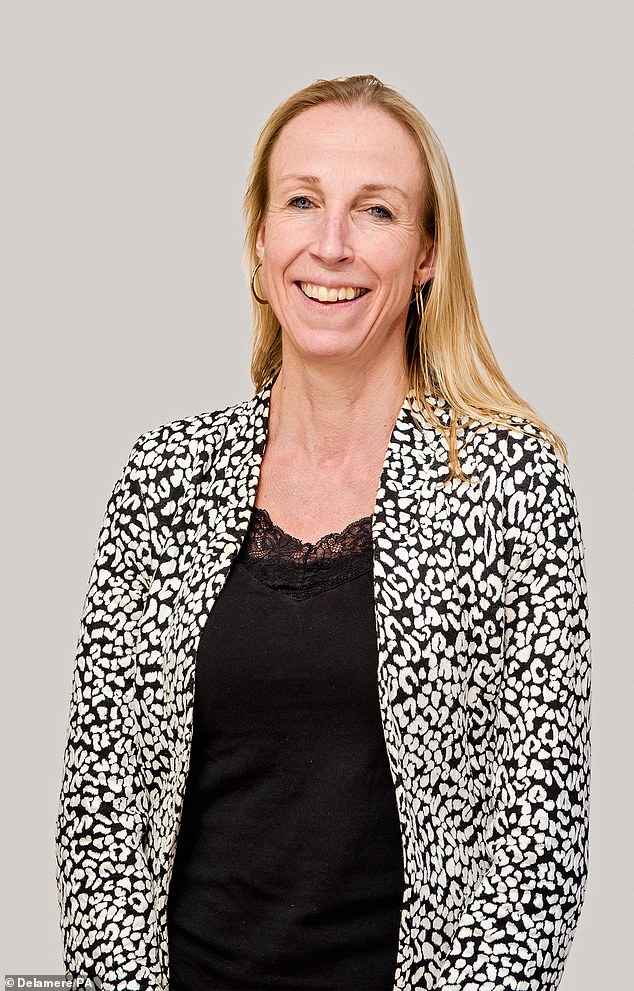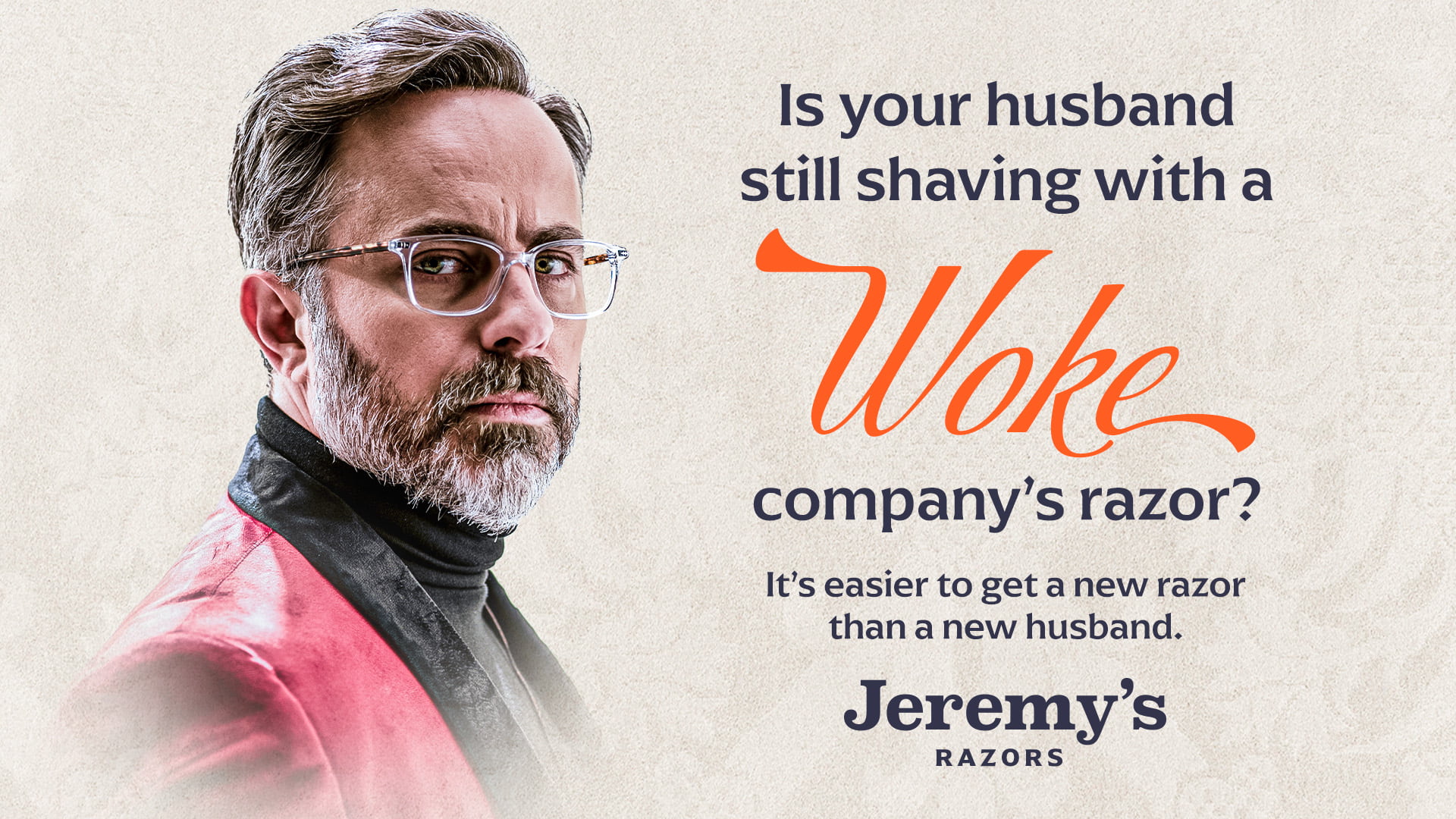How’s your Dry January going? Are you off the booze and enjoying better sleep and more stable moods? Do you think you’ll make it, alcohol-free, to the end of the month?
Maybe you’ll even feel so good you’ll carry on and on into 2025 and beyond. That’s what I did two years ago.
After decades of enthusiastic and at times problematic drinking, and a particularly boozy Christmas period in 2021, I gave up for over two years, before growing tired of my abstemious life and caving into Prosecco with friends last January.
While I felt a deep sense of shame for being unable to quit permanently, I am far from alone in my on/off relationship with alcohol.
Growing numbers of us are what’s called ‘yo-yo drinkers’, stopping and starting our consumption in much the way yo-yo dieters manage to lay off the junk food for weeks or months on end, before succumbing to a jumbo bag of Quavers.
A whole lifestyle, and charity fund-raising movement, has now grown around the concept of yo-yo drinking. In addition to the 15 per cent of the nation currently staring at the leftover Christmas drinks stash for the month of Dry January, many more will take part in Sober October, while ‘100-day alcohol-free challenges’ are increasingly popular too.
And although for many, these challenges will provide a permanent circuit breaker, others – like actress Gwyneth Paltrow and myself – will invariably start the cycle again. Gwyneth, who professed to drinking seven nights a week during the pandemic, had ‘barely any’ booze in 2021 before declaring an intention to drink ‘more alcohol’ last year.
There are many parallels between yo-yo dieting and yo-yo drinking, agrees Dr Catherine Carney, psychiatrist at addiction treatment centre Delamere. ‘People think, ‘I’ve got a problem’, whether with their weight or drinking.

They do something about it. Things improve, but they don’t improve long term. Weight slowly creeps up. People go back to what they call light to moderate drinking. Eventually they get back into that binge-drinking pattern.’
Delamere treats a ‘significant proportion’ of middle-class women in particular, she adds, who ‘can have a few months off, but they can’t stay off it for good, and when they do drink, the intended ‘one or two glasses to be sociable’ often turns into much more’.
While I don’t consider myself alcohol-dependent, for much of my adult life, alcohol was part of my identity, turning me into ‘fun Toni’ at parties, and helping me switch off after a stressful day.
I could stop at one glass, but usually wanted more and, as a working mother of two children, now aged 14 and 12, I always looked forward to my first drink of the evening.
Even the thought of drinking released the ‘reward’ neurotransmitter dopamine in my brain, leading to feelings of pleasure, much in the way anticipating chocolate cake might.
The morning I decided I was going to start drinking again – for a university reunion lunch in January 2024 – the anticipation was almost as exciting as the drink itself: that familiar giddiness, the bubbles bursting playfully on my tongue.
I ended up drinking a glass of Prosecco and a glass and a half of wine – hardly a binge – but as is always the case with alcohol and me, along with the joy came shame.
It’s something Samantha Yule, a 50-year-old writer from Leeds, can identify with: over the last 24 years, she has quit alcohol no fewer than five times. ‘No matter how much I try and control my drinking, I can’t. I plan to stick to a diet or sober life, fall off the wagon, go back to my old ways and repeat,’ she says.
Like me, Samantha finds booze an emotive subject because it is inextricably linked to her identity. When tipsy, she says, she is ‘the life and soul of the party’, while periods of sobriety have prompted ‘an identity crisis. It’s an awful feeling, losing that part of yourself that people like.’

Drinking was a ‘big laugh’ in her youth and the first time Samantha quit, aged 26, was simply because she couldn’t afford it. A promotion led to a pay rise and within a year and was back to her ‘seven pints and shots on a night out’ ways.
Marriage, to her light-drinking husband Scott, 49, a mortgage adviser, as well as motherhood, tempered her habits – her boys are now 15 and 11 – and she quit altogether for a second time in 2017.
Sober, she felt more ‘level-headed’, but started drinking six months later, partly because, ‘surrounded by social cues, it sometimes felt like more effort to stop drinking than to go with the flow’. Although she only drank once or twice a week, she was often drunk enough to black out at the end of the evening.
A ‘bottomless brunch’ with friends in 2018 that lasted until 11pm led to her third abstention. ‘I was picked up on the side of the road by two girls who put me in a car and took me home. I thought, ‘I can’t do this anymore. I’ve got two children.’
Yet, after six months, she resumed, largely because, she told herself, she could. The very fact she’d managed to abstain for so long ‘proved’ she was in charge. ‘I thought, ‘I don’t really need to do this. I haven’t got a problem, as long as I don’t go crazy.’ ‘
But in spring 2020, she was ‘shocked into abstinence’ yet again after blacking out at a friend’s 40th birthday party – ironically held over Zoom during lockdown.
‘I remember finishing a bottle of wine and starting a second. I knew it was too much, but I did it anyway.’
It led to another, two-year period of abstinence before that familiar question – ‘Was I really that bad when drunk?’ – crept in again, and she succumbed to a beer at a festival, which set off the familiar pattern all over again.
Sobriety experts call it ‘fading affect bias’, where memories associated with negative emotions linked to drink become less alarming over time, making a binge more likely.
Samantha, however, did drink less post-two year hiatus. Now in her fifth period of sobriety, she had ‘one last hurrah’ with ‘five or six vodka and tonics’ at her 50th-birthday party last month and is now embracing – another – sober year in 2025. She hopes this one will last.
‘Drink still scares me. It causes cancer. I have guilt attached to it. Sober, I feel stronger and more peaceful. Moderation would probably be the answer, but I’m not good with moderation.’
While those who have developed an alcohol dependency will never be able to moderate, Dr Carney says an unhealthy relationship with alcohol that isn’t an addiction can, with effort, be rectified.

And although research has found yo-yo dieters are likely to put on more weight after periods of depriving themselves, many drinkers consume less after a break. One 2014 evaluation of Dry January by the University of Sussex found 72 per cent of people who took part reported reduced harmful drinking six months later.
That’s certainly been my experience so far: after resuming drinking at my university reunion, I didn’t drink for another month. Although I’ve drunk more than I intended at a handful of social occasions since, I now usually have a glass or two of wine on a Friday or Saturday – if that.
I envy those who stop drinking and don’t have those blips, but, if I’m honest, by the end of my two years of sobriety, I felt stifled.
While it’s an undeniable fact that stopping drinking completely and embracing being teetotal, is by far the healthiest option, this ‘all-or-nothing’ thinking isn’t always helpful, according to Victoria Seed, an addiction and family recovery specialist.
She says taking a ‘harm reduction’ approach, such as introducing alcohol-free days and lower-strength drinks, ‘acknowledges that making small, manageable changes can lead to longer-lasting results.’ This can be compared to the 80/20 rule in the diet industry – eating healthy foods 80 per cent of the time and allowing yourself to indulge for the remaining 20 per cent.

Lucinda Hart, a 48-year-old author and single mother of two girls aged 11 and seven, was sober for 16 years before she started drinking again six years ago.
‘I’ve come to realise nothing is set in stone. I started drinking and the sky didn’t fall in,’ she says. She’s been a yo-yo drinker ever since.
Lucinda was introduced to drink as a teenager by her wine-loving lawyer father, with whom she would set the world to rights over a bottle of red. By her mid-20s she was getting through a bottle of wine a night, but insists she was rarely drunk: ‘I’d wait until the evening to drink. I never fell out of taxis. I can’t stand feeling dizzy so never drank to that point.’
Aged 26, however, she decided to try giving up for 12 months – which somehow turned into 16 years. It helped that her partner rarely drank. ‘He just didn’t like it – so alcohol wasn’t involved in our relationship.’
Although she professes to feeling no physical or mental benefits to sobriety, as a fitness fanatic, she became enthralled by the discipline of it. ‘I felt in control, and I am a bit of a control freak. Drinking became something I just didn’t do any more.’
Yet in 2017, her father died of cancer, and in 2019 her relationship broke up after eight years.
Living back in her childhood home in Mullion, Cornwall, aged 42, after two traumatic life events, sobriety felt ‘like a relationship that had run its natural course’, she says. ‘I got bored of not drinking.’ One night, feeling particularly upset, she drank a glass of her mother’s red wine.
‘It tasted weird,’ she recalls. ‘Even as I drank it, I asked myself, ‘Do you really want to be doing this?’ But the grief, stress and boredom outweighed not wanting to wreck 16 years of what I’d achieved.’
Within weeks, she was back to drinking a bottle a night – and sinking into depression.
In 2020, ‘shocked’ a year had passed since she resumed drinking, and with her responsibilities as a single mother hitting home, she decided to cut back.
‘The only difference I notice in my mood during drinking periods is I hate myself for giving into it, so if I’m already feeling bad, I hate myself more,’ says Lucinda, whose latest novel, The Shadows Lengthen, features a protagonist who starts drinking again after ten years.
After taking nine months off between April and December 2023, she resumed drinking but in measured, decreasing amounts: half a bottle, then a third of a bottle of wine a night, then waiting for a couple of days after finishing a bottle before starting another.
Last October, she quit for three months but drank a third of a bottle a day over Christmas week. She now plans to take a few months off.
‘When I’m in my periods of drinking I’m always thinking, ‘When am I going to get that drink?’ That mental dependency makes me feel I have a problem, because I can’t take it or leave it.’
I can’t help wondering if Lucinda would be happier if she quit drinking altogether, but she believes our relationship with alcohol is more nuanced than teetotaller, binge-drinker, functioning alcoholic, or any other label suggests. ‘Every drinker is different,’ she says.
As for me? Much of the joy of drinking has gone. My two-year break taught me why I drank – to mask stress, loneliness and boredom – and how alcohol ultimately exacerbates these emotions.
Like Samantha, I find the guilt associated with drinking lingers, and even the more moderate amount I now consume is laced with self-loathing.
Contemplating the cocktails I drank to see in the New Year, which kept me awake and anxious half the night, I do wonder if it’s time to stop again.

